Menu
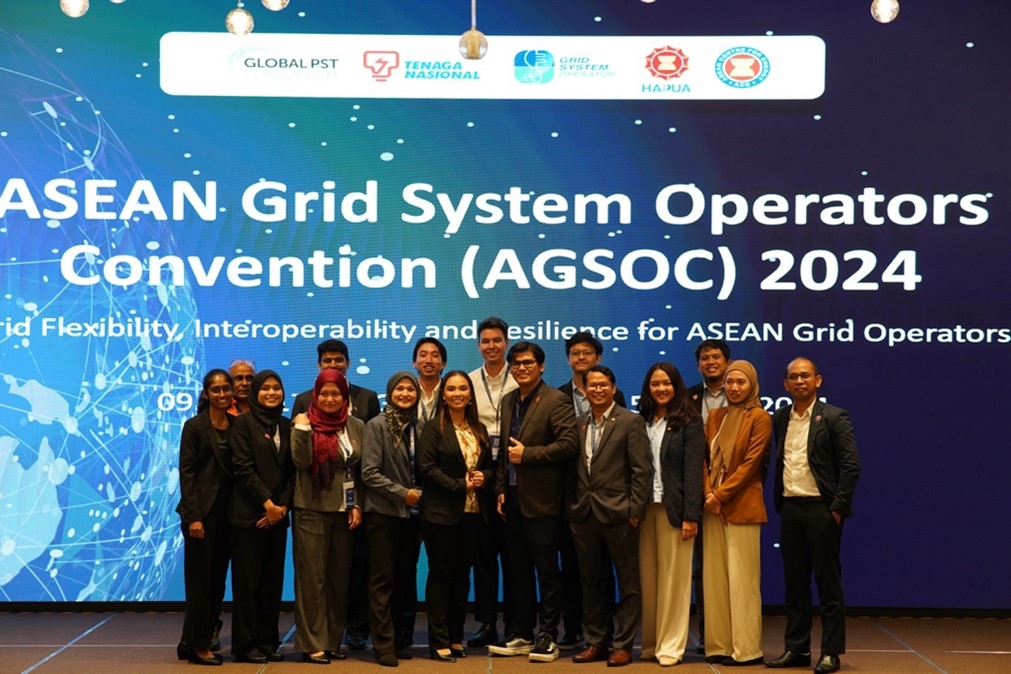
Photo 1. Group Photo of the ASEAN Centre for Energy and the Secretariat of ASEAN Power System Operators – Grid System Operator of Tenaga Nasional Berhad (TNB) and Global Power System Transformation Consortium (G-PST) Committees
The ASEAN Centre for Energy (ACE) alongside the Secretariat of ASEAN Power System Operators (APSO) – Grid System Operator of Tenaga Nasional Berhad, Global Power System Transformation Consortium (G-PST), and Heads of ASEAN Power Utilities/Authorities (HAPUA) Working Group 5 (HWG-5) definitively co-organised the technical workshop for ASEAN Grid Operations on 14-15 May 2024.
Held in Kuala Lumpur, Malaysia, the two-day workshop convened the key energy stakeholders, experts, and representatives from Power Utilities of each country, nominated by the HWG-5 to foster discussion on cutting-edge strategies, technologies, and leading best practices that propel the energy transition and increased adoption of intermittent renewable energy.
Day 1, 14 May 2024: Power System Stability and Power Quality with Increasing Inverter-Based Resources
The workshop commenced with opening remarks from distinguished figures. Ir. Shanmugam Thoppalan, Head of GSO conveyed gratitude and anticipated fruitful outcomes from the workshop. Mike Camption, Project Manager National Renewable Energy Laboratory (NREL) also delivered opening remarks. The first session aimed to enhance participant’s understanding of the best practices and lessons learned that could be adapted to accelerate APG aligned with each AMS’ circumstances. Konkimalla Venkata Srinivasa Baba, Former Chairman and Managing Director of Grid Controller of India Ltd. shared his insights on Power Quality (PQ) issues and mitigations for grids with high penetration of IBRs in grid India. He emphasised the challenges of integrating renewable energy, including variability, uncertainty, location-specificity, non-synchronous generation, and low-capacity factors. Franco Esteban Perez Sanches, Principal Power System Engineer at DNV Australia discussed the experience with Power Quality Assessment Requirements and presented three (3) main disturbances commonly encountered in renewable energy penetration: voltage harmonic distortion, flicker, and voltage unbalance.
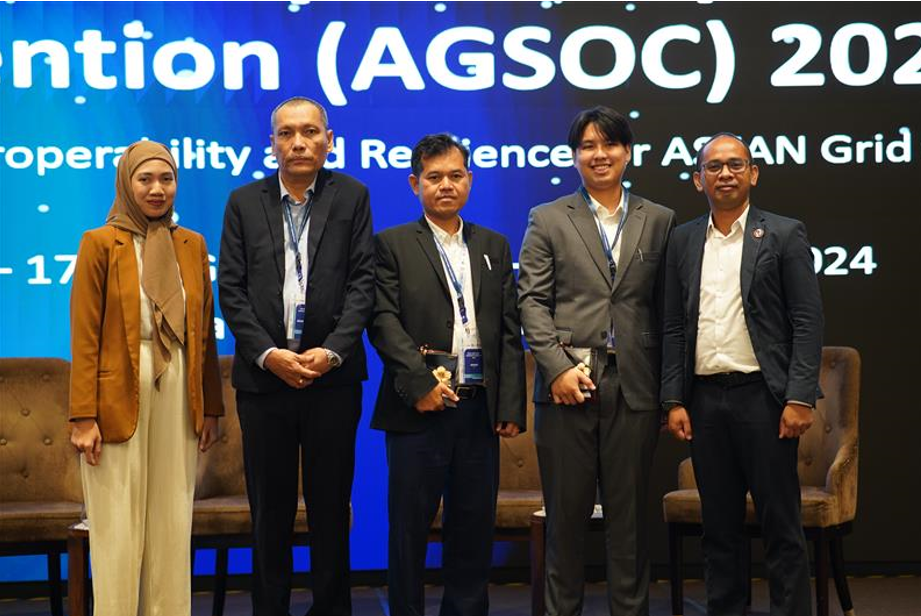
Photo 2. Nadhilah Shani, Senior Research Analyst of Power at ACE, moderated a country paper presentation.
Moderated by Nadhilah Shani, Senior Research Analyst of Power at ACE, the event included presentations of country papers from Aung Thura Win, Director of Regional Control Center Yangon at GSO of Myanmar, Chhan Bunthet, Chief of the Transmission Division at EDC of Cambodia, and Worrapong Wonglimamornlert with Paenpraserd Ngaosuratchanee, Engineers at EGAT’s Power Purchase Agreement Division of Thailand discussed their challenges of integrating renewable energy into their respective grids and proposed mitigation strategies.
Following the country paper presentations, a panel discussion moderated by Ikhwan Khairi, Deputy Chief Engineer of GSO led the stage. He invited international experts, including KVS Baba from Grid India, Franco Perez from DNV Australia, Dr. Hassan Qazi from ELIA Grid International, and Dr. Doughlas Wilson from GE Vernova to share their insights related on the main topic. The discussion addressed the way forward for Power Quality Management and Grid System Stability in the ASEAN Grid. The subsequent session featured technical presentations by power system consultants, from Dr. Hazzan Qazi, Manager Consultant in Power System Operations & Planning at Elia Grid International (EGI) addressed the impact and mitigation of Inverter-Based Resources (IBR) on system bulk stability, focusing on resonance and oscillations. Dr. Douglas Wilson, Chief Scientist at GE Vernova, then underscored steps for real-time mitigation of IBR oscillations to ensure system stability at all times.
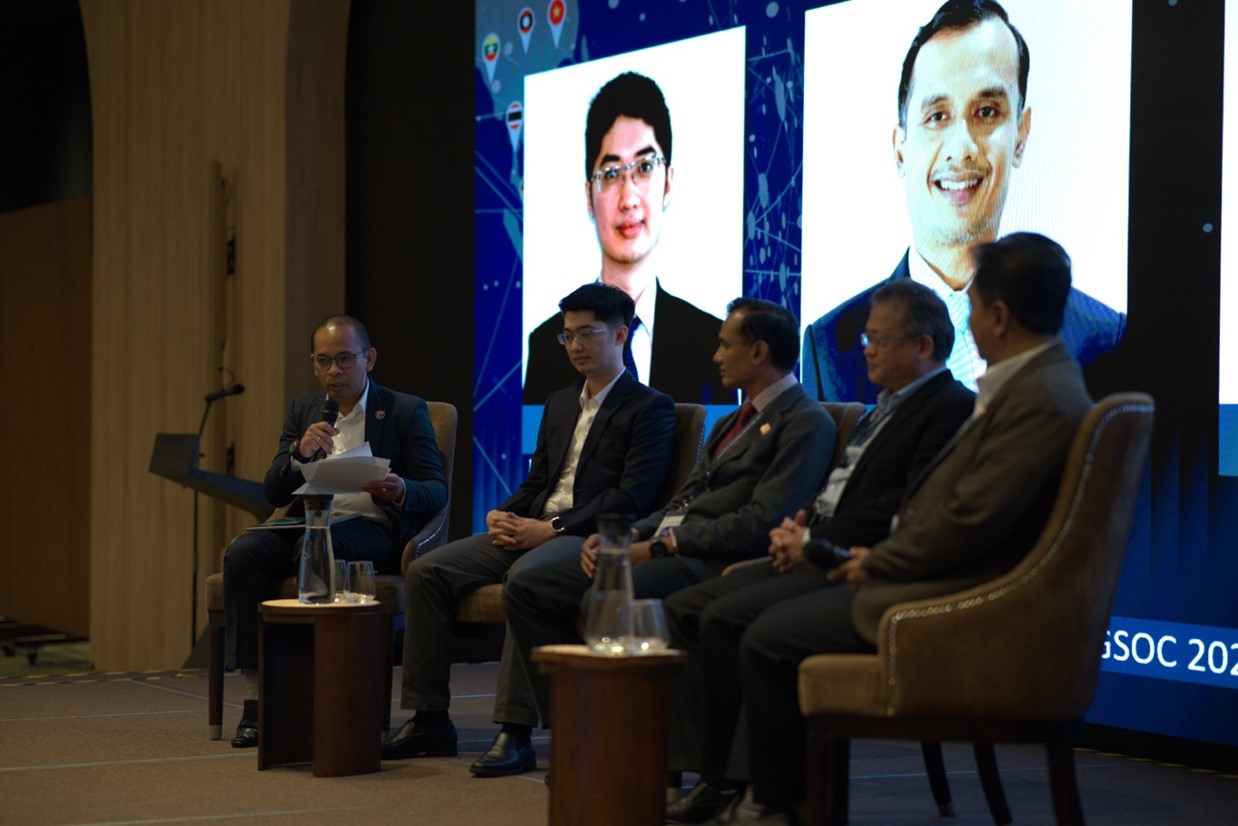
Photo 3. Beni Suryadi, Head of Power, Fossil Fuel, Alternative Energy, and Storage (PFS) at ACE moderated ASEAN Power Utilities in the Panel Discussion
In the next session moderated by Beni Suryadi, Head of Power, Fossil Fuel, Alternative Energy, and Storage (PFS) at ACE, the panel featured Vo Hai Viet Anh of The National Load Dispatch Centre of Electricity Viet Nam (EVNNLDC), Dhany Harmeidy Barus of Perusahaan Listrik Negara (PLN), Ir. Lo Tzu Hsiung of Sarawak Energy Berhad (SEB), and Suhanee Sutree Chit of Tenaga Nasional Berhad (TNB). The session focused on exploring the ASEAN Net Zero Pathway and addressed operational challenges to power quality from the Inverter Based Resources (IBRs). Panellists shared their insights on power system assessments to simulate the system problem and the importance of regulations for safe operation to ensure the quality of renewable energy generation.
The first day’s workshop ended with a special address from Feldatum Sharif, Chief People Officer at TNB and Chairman of HWG-5 underscoring the imperative of collaborative efforts and strategic planning to navigate challenges within the energy transition. Emphasising the significance of knowledge dissemination and fostering partnerships, she advocated for the cultivation of a sustainable ASEAN energy landscape.
Day 2, 15 May 2024: Synchrophasor-Based Power System Analytics and Defense
Building up the contributions made through the first day’s discussions about Power System Stability and Power Quality, the second day gathered key power stakeholders, experts and representatives from HAPUA to explore Synchrophasor technology. This technology can be used to improve the monitoring and propel the shift toward a future application in enhancing the grid’s operational integrity within the APG.
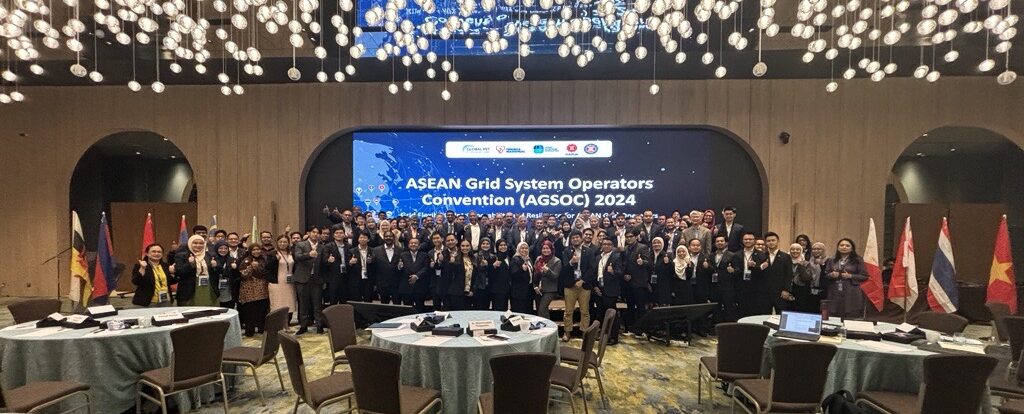
Photo 4. Group Photo Session of the ASEAN Grid System Operators Convention (AGSOC) 2024.
The second day began with a special address by Mareena Binti Mahpudz, Secretary of the Electricity Supply Division at the Ministry of Energy Transition and Water Transformation (PETRA).
The session was followed by a knowledge session on Synchrophasor-based Power System Analytics and Defense by international industry experts. Praveen Kumar Agarwal, former Director and Chief Information Security Officer (CISO) at Grid Controller of India Ltd elaborated on the significance of phasors for grid management, integrating renewable resources, and potential applications that go beyond SCADA systems. He highlighted the Unified Real Time Dynamic State Measurement (URTDSM) project in India, which involves a large-scale deployment of Wide Area Measurement Systems (WAMS) with over 1739 PMUs ultimately enhancing grid monitoring capabilities. Dr. Krish Narendra, Chief Operating Officer and Technology Lead of Electric Power Group (EPG) also delved into his insights on synchrophasor applications for grid stability and resilience.
Rajesh Saha, Managing Director & Regional Head for Southeast Asia of ELIA Grid International (EGI) focused on the importance of demystifying micro-synchrophasor and Micro-PMUs. He added some key points that discuss the challenges posed by the energy landscape and advanced technologies like micro-PMUs are essential in optimizing grid operations to ensure regional power system stability. Meanwhile, Dr. Douglas Wilson, Chief Scientist at GE Vernova addressed islanding prevention, general mitigation strategies, and restoration using phasors technology. He highlighted the deployment of Wide Area Monitoring, Protection, and Control (WAMPAC) systems.
The third session presented a country paper from Agapol Pukprayura, Head of the Power System Analysis Section at EGAT of Thailand and Phetsamone Bounnouvong, Manager of the Power Purchase Confirmation Division at ED of Lao PDR. The presentations explored case studies and practical applications of innovative solutions to mitigate stability challenges in power system. Dr. Joe H. Chow, Institute Professor Emeritus and Senior Research Scientist of Rensselaer Polytechnic Institute (RPI) also highlighted the potential future applications of synchrophasor data for wide-area control systems using redundancies in PMU data that are essential for reliable applications.
Subsequently, the presentation transitioned into an interactive session on advancements and applications of synchrophasor technology in modern power systems. Moderated by Ir. Foon Chun Yin, Engineer (EMS – Grid Stability Insight) at GSO Malaysia, the session invited international experts: Praveen Kumar Agarwal from Grid India, Dr. Krish Narendra from EPG USA, Rajesh Saha from ELIA Grid International, Dr. Douglas Wilson from GE Vernova and Dr. Joe H. Chow from Rensselaer Polytechnic Institute. This session provided an opportunity for all participants to actively engage, collaborate to identify best practices and lessons learned that could be adapted from synchrophasor technology in modern power systems.
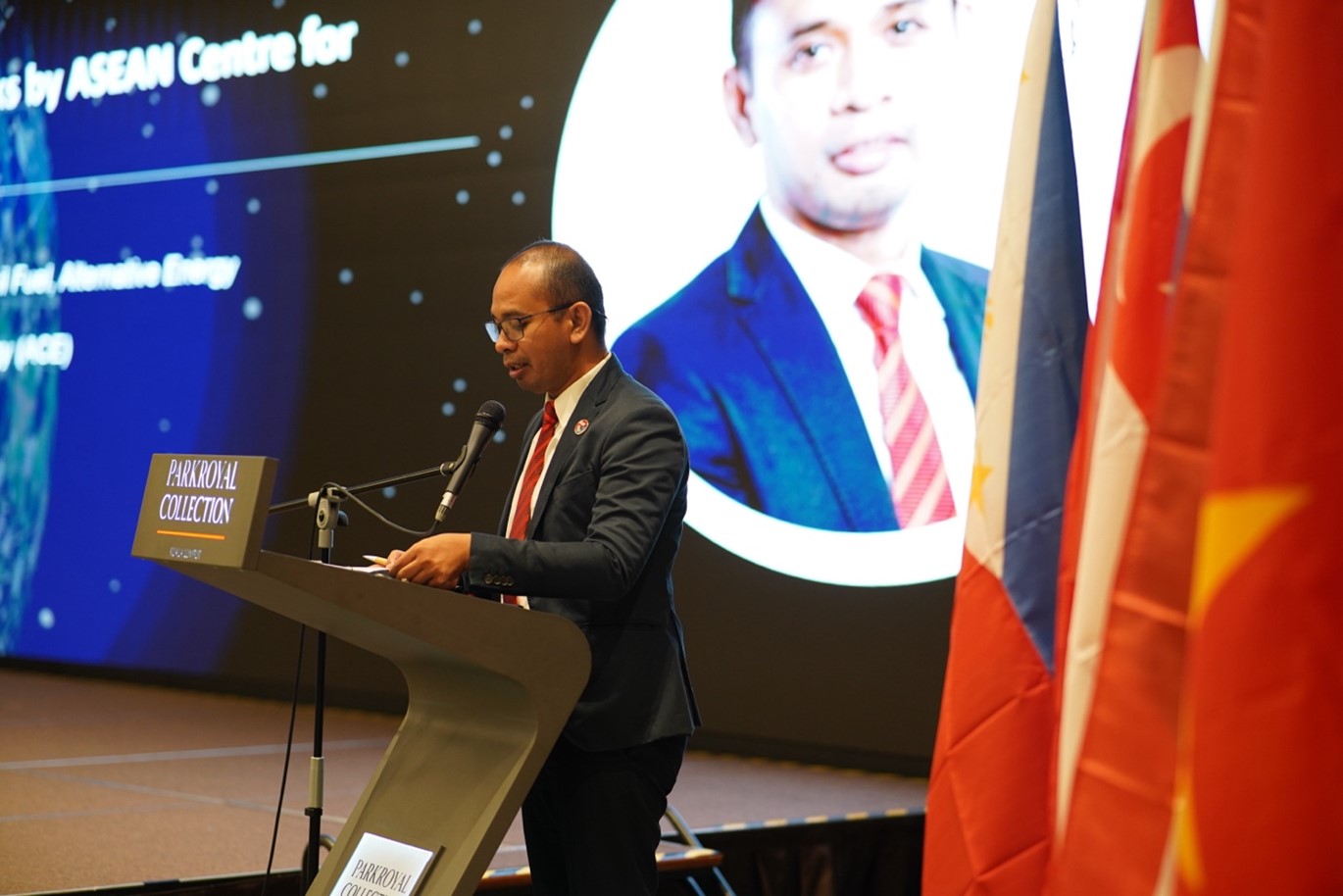
Photo 5. Closing remarks by Beni Suryadi, Head of PFS Department at ACE
The two-day workshop concluded with closing remarks from Beni Suryadi, Head of PFS Department at ACE. He expressed his gratitude to HAPUA Working Group 5 and the GSO team for hosting and coordinating the first AGSOC. Additionally, Beni extended his gratitude towards the speakers and panellists for sharing their knowledge. He summarised key insights, including valuable input on leveraging the existing monitoring systems to implement synchrophasor-driven mechanisms in real-time data. Beni also provided an update on the next workshop series that will be held in Manila, Philippines in August, to demonstrate the commitment of ASEAN system operators in supporting APAEC goals and ASEAN’s Net Zero aspirations. The workshop concluded on a positive note, with all participants acknowledging the value of the discussions.
